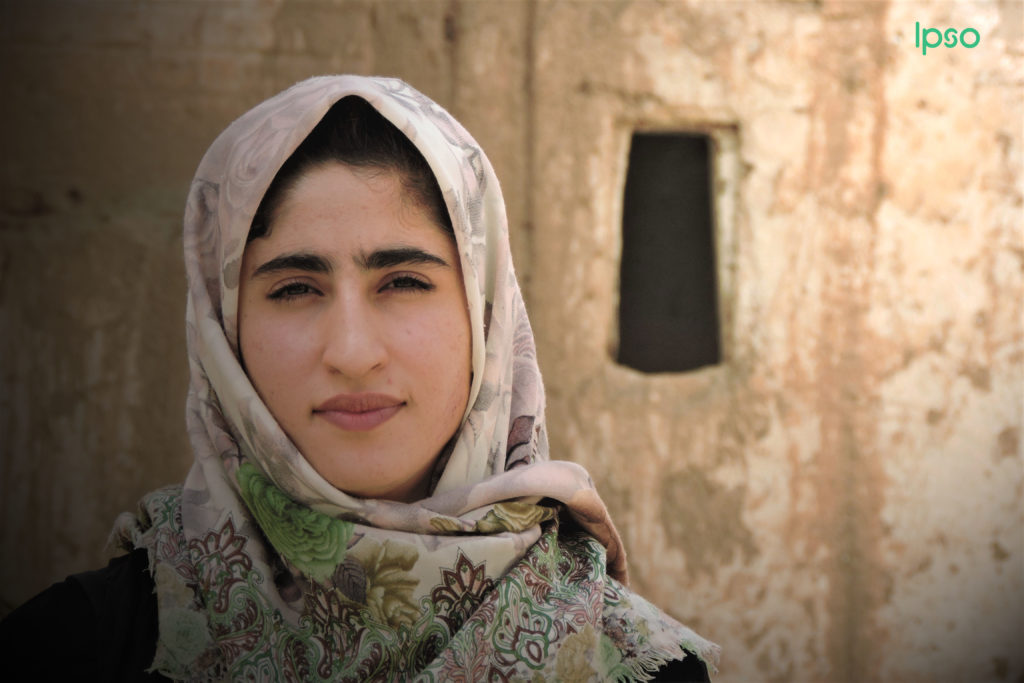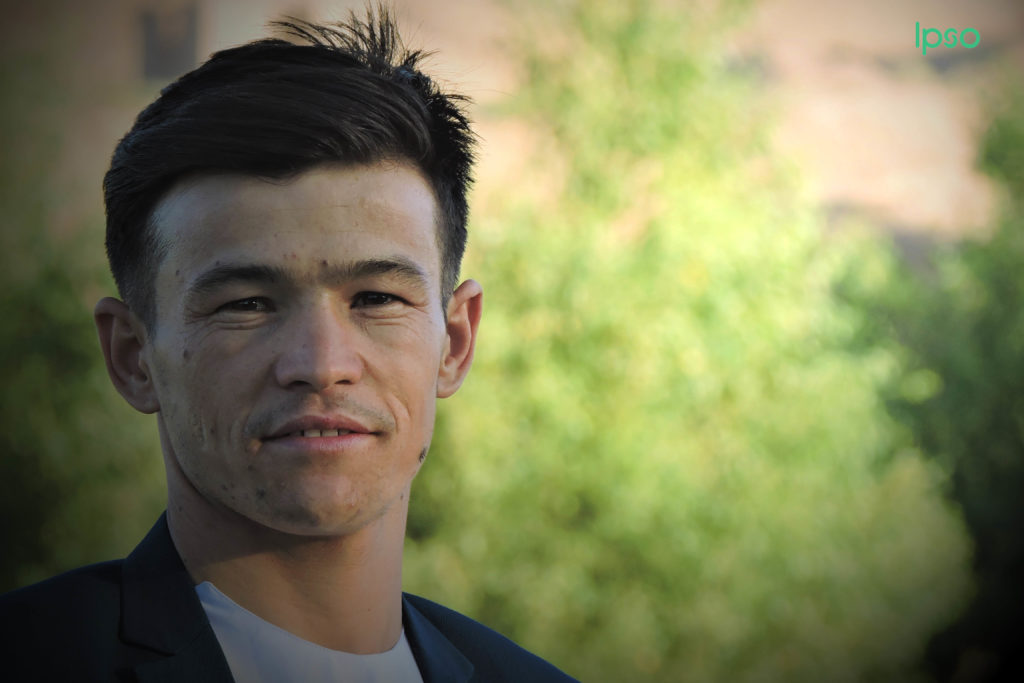As in many other countries, the traditions that govern the lives of many communities in Afghanistan are discriminatory. Most traditional practices and beliefs are based on deeply-held views that merit re-examination to reflect the ideas and values of the new generation of Afghans.
Fazila Noori, a 22-year-old from Herat province explains: “Discrimination is a negative force within our communities that harms relationships between individuals and families, while undermining a sense of coexistence and understanding. In some cases, it encourages people to be judgmental and even drives hatred within communities.”
“What is portrayed as ‘tradition’ often results in perceptions of stereotypes about particular groups that can result in bias, by identifying behavioral and other constraints that apply to such group.” she adds.
Ali Musa Naji, 24, who is originally from Daikundi province but living in Herat says: “Before I moved to Herat, I held views about other ethnic groups that was based on what I’d long been told by members of my community. In my mind, a Hazara who lives in a community who are from another ethnic group, struggle to form positive relationships with them. But when I moved to live in Herat, I came to realise that this was not the case. Over time, it became clear to me that while our ethnic groups may have their own distinct practices and values, I did not find this confined me and was able to make good friends with others and feel part of a larger, more diverse, community.”
Hussain Arsalan is also from Daikundi province and lives in Herat, and explains: “We belong to a diverse society in which individuals and communities hold different values and in many cases live their lives in distinct ways. It is the responsibility of all Afghans to respect these values and be understanding of each other.”
The turbulent recent history of Afghanistan has deepened mistrust and intolerance between ethnic groups, hardening the age-old ‘traditions’ that fostered suspicion and prejudice and often results in discrimination. Arsalan and Naji explain: “We need to consider the implications of negative judgments we may make about someone or a group and find ways to avoid such behavior ourselves. Within our families, we should challenge negative thoughts and attitudes by expressing positive ideas and experiences, in order to foster a sense of understanding and co-existence.”
Fazila Noori says: “I’m from Herat but my close friends are from other provinces and different ethnic groups from mine. We need to understand ourselves in order to build positive relationships outside of our ‘traditional’ social boundaries by learning of the values and culture of other ethnic groups and communities. This has the potential to enable us to truly know about our society. Every Afghan has a responsibility to contribute to social and economic development”.
















